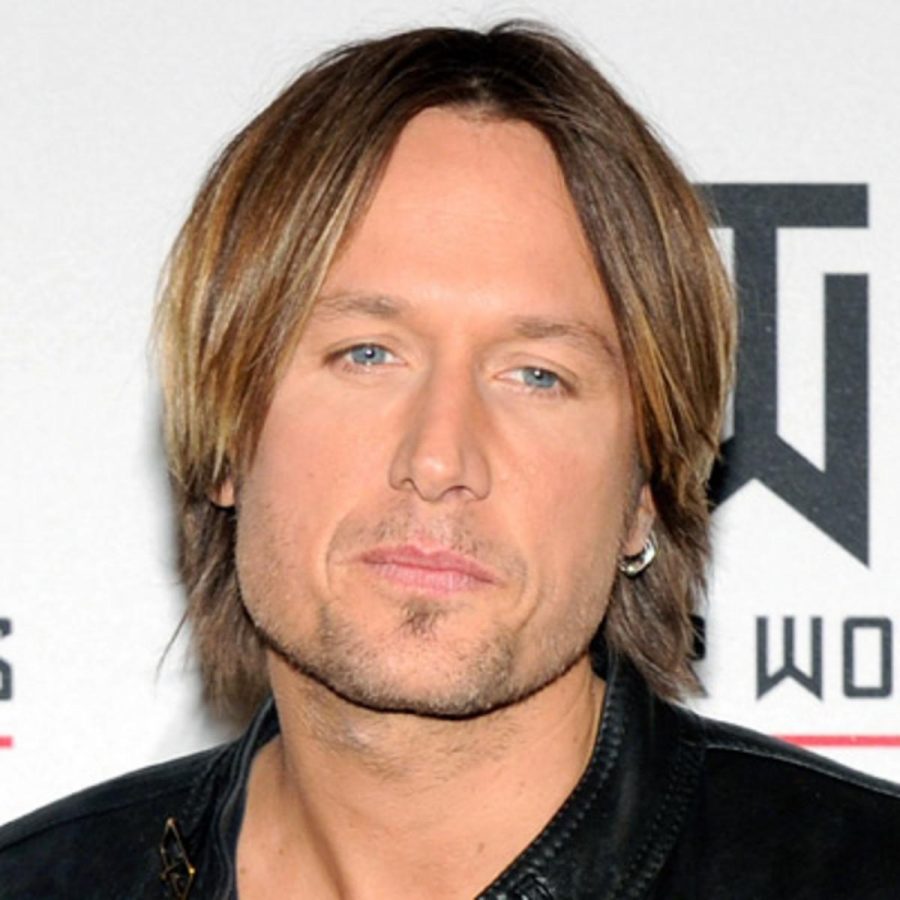By Madeleine Longwell
Staff Writer
Less than a month after the violent attacks in Paris, national elections reflect a change in French mindset. After Sunday’s election, the National Front —France’s far-right political party—took an unprecedented 30.8 percent of the vote.
The elections—which take place in two parts, the second of which will be next Sunday—suggest a political shift toward the right in traditionally more liberal France.
National Front party leader Marine Le Pen, who has been compared to the U. S. Donald Trump, is known for her appeal to those who feel their leaders are elitist and those who fear the recent influx of immigrants into France, especially in the wake of the attacks in Paris.
Le Pen took over leadership of the National Front party from her father, Jean-Marie Le Pen, who founded the party in 1972. Under Jean-Marie Le Pen, the National Front party became known for its conservative approach to economic issues, “zero tolerance approach to law and order issues,” opposition to immigrants and association with anti-semitism.
Though these elections suggest a more conservative shift, François Hollande has continued to receive support in the aftermath of last months attacks. Hollande—who was elected in 2012, preceded by Republican president Sarkozy—has not gained much public support over the course of his time in office, his popularity peaked at around 40 percent after January’s Charlie Hebdo attacks.
The success of the National Front party promises political change in France. As the 2017 presidential election approaches, public support for the conservative National Front and Republican parties offer voters an alternative to Socialist incumbent François Hollande.
Immigration policy in the wake of attacks has not been the only reason for the political shift. Many believe that politicians in office now are elitist and tend to protect only their own interests. “I believe that the National Front’s incredible results are the revolt of the people against the elite,” Marine Le Pen told the Associated Press. “The people no longer support the disdain they have been subjected to for years by a political class defending its own interests.”
Though Le Pen and her National Front Party have gained recent support, the National Front is not the only alternative to Hollande and the Socialists. After a few years off from politics after his time in office, former President Sarkozy has started to gain more support again with his Republican Party—coming in second to the National Front party this past Sunday.
Though far-right political expert Jean-Yves Camus confirms “we are incontestably in a country that has a perfect tri-party system,” Prime Minister Manuel Valls suggests the choice is more distinct “There is a choice between two visions of France, which divides the French, tries to pit one against the other,” said Valls.










